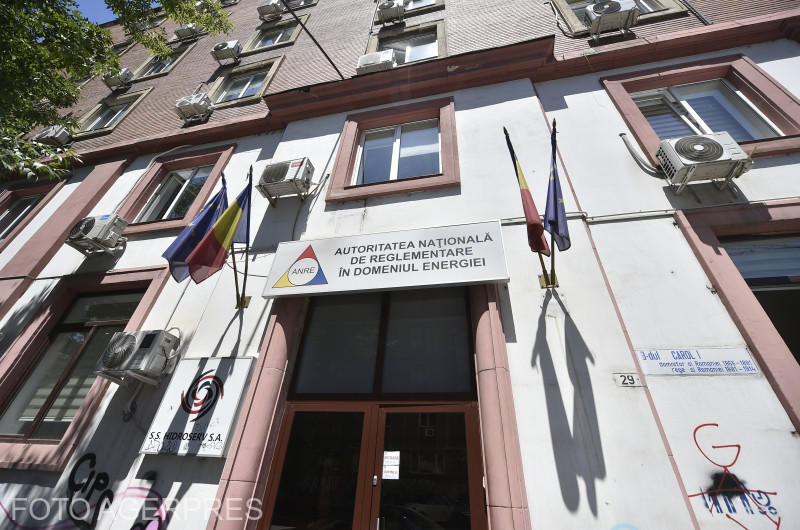The World Bank recommended Romanian authorities to limit, in a short term, the income growth to the inflation rate, to stop employing further personnel and to launch a multi-annual plan to eliminate incentives, Mediafax reports, quoting a report put up for the Romanian authorities. WB experts say that the absence of a coherent strategy for public jobs wages allowed unions to make excessive demands and caused labor market distortions.
The personnel-related costs are a major and still growing share of Romania's budget. The expenses related to the employees increased 73% between 2005 and 2007, while the Gross National Product only advanced 40%. The increase of expenses was partially caused by the increase of the number of jobs, mainly in local authority institutions and special fields (Police, Gendarmerie, Firemen and others), but the main share is held by the significant wage growth, the report says.
The WB experts say that incentives are not in proportion with the salaries, representing a share of the final income above the EU average, and that this also affects the transparency. The payment for the experience is not correlated with the payment for the output, while the compensations have no grounds in any comparison with the private sector.



















